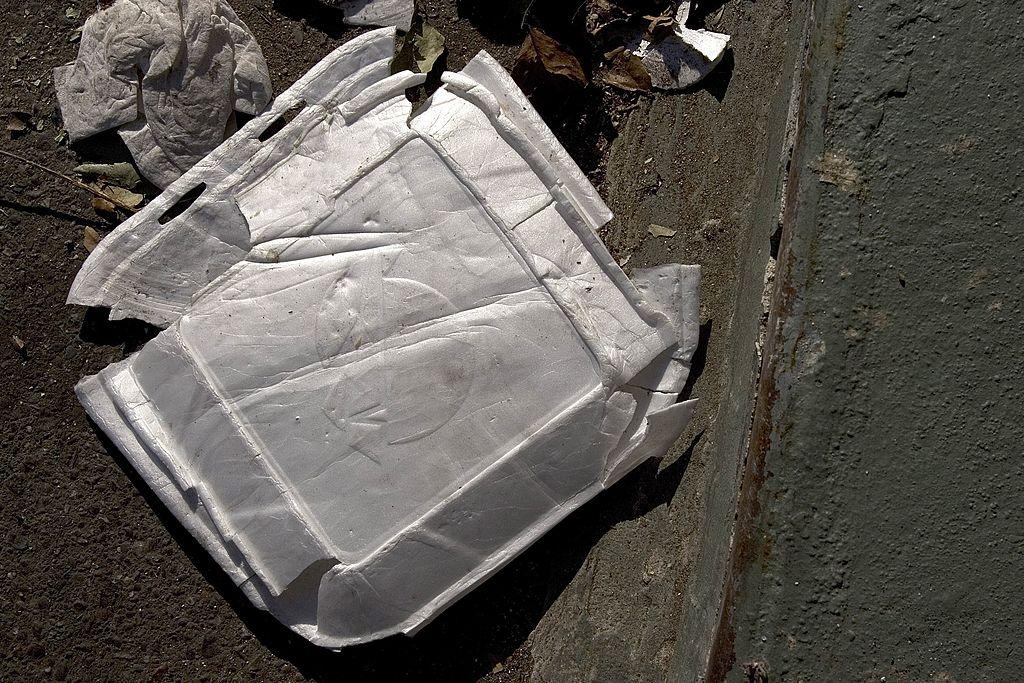LOS ANGELES—The Los Angeles City Council voted to ban the sale or distribution of Styrofoam products Dec. 6.
The ordinance prohibits the sale and distribution of expanded polystyrene products—commonly referred to as Styrofoam—for businesses with more than 26 employees beginning in April 2023, and for smaller businesses in April 2024.





